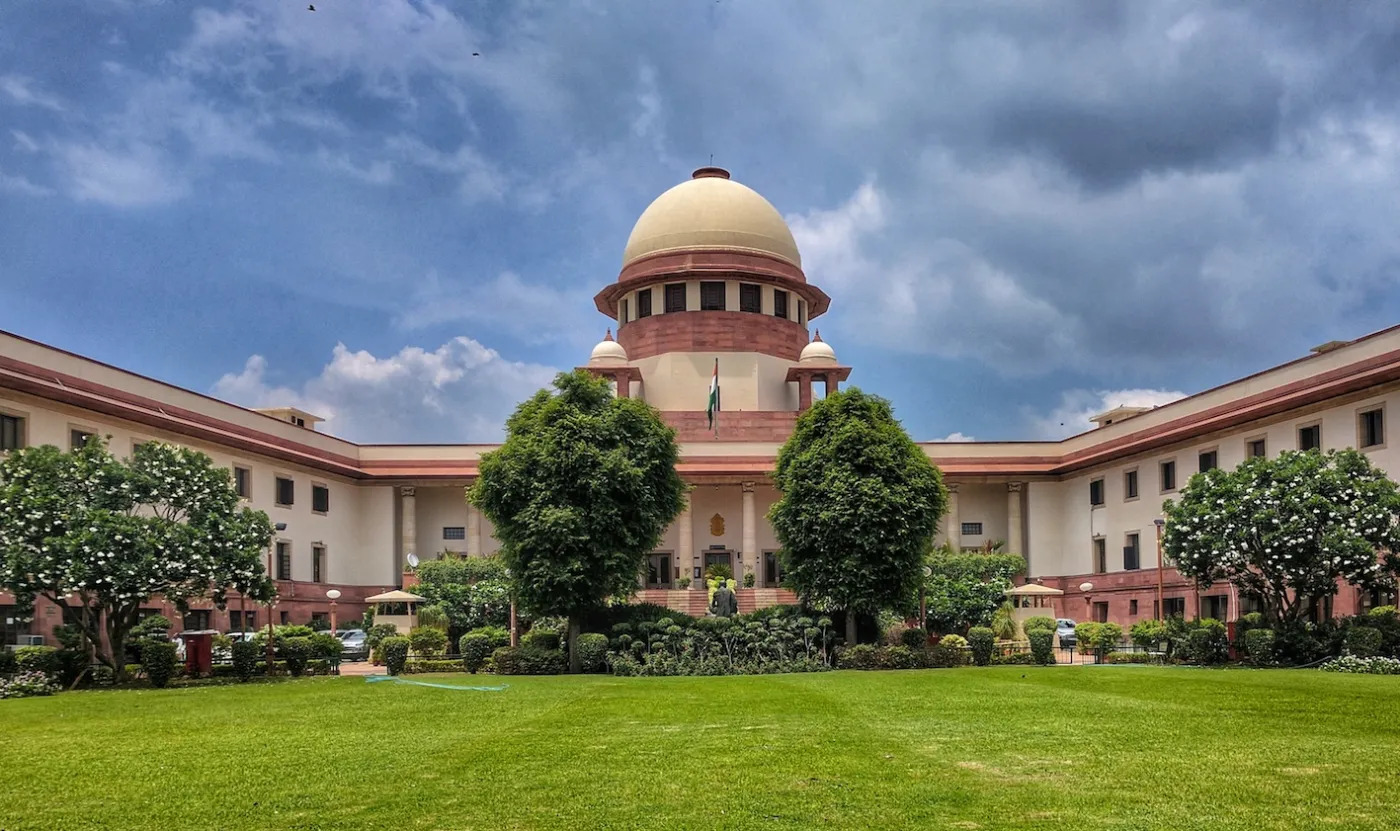In recent times, the implementation of anti-conversion laws across various states has sparked significant debate regarding their alignment with constitutional freedoms. The Supreme Court’s decision to issue notices to states concerning these laws marks a pivotal moment in addressing concerns about potential overreach and the protection of individual rights.
The Constitutional Framework
The Indian Constitution guarantees fundamental rights, including the freedom of conscience and the right to freely profess, practice, and propagate religion. These provisions are designed to safeguard individuals’ autonomy in matters of faith and belief. The introduction of anti-conversion laws raises questions about whether they inadvertently infringe upon these constitutional guarantees by imposing restrictions on personal religious choices.
The Role of the Supreme Court
The Supreme Court’s intervention by issuing notices to states signifies a proactive approach in examining the implications of anti-conversion laws. This judicial scrutiny is essential to ensure that legislative actions do not undermine the fundamental rights enshrined in the Constitution. The Court’s involvement underscores the importance of maintaining a balance between state interests and individual freedoms.
Potential Implications of Anti-Conversion Laws
While the stated intent behind anti-conversion laws is often to prevent coerced conversions, there is a growing concern that these laws may be misused to target specific communities or individuals. Such misuse could lead to social unrest and the erosion of communal harmony. Additionally, the ambiguity in the language of these laws may result in arbitrary enforcement, further complicating their impact on society.
The Need for a Balanced Approach
It is imperative to approach the issue of religious conversions with sensitivity and respect for individual rights. Any legislative measures should be carefully crafted to prevent coercion without infringing upon personal freedoms. A transparent and accountable legal framework is necessary to address genuine concerns while upholding the constitutional principles of liberty and equality.
Conclusion
The ongoing examination of anti-conversion laws by the Supreme Court serves as a reminder of the delicate balance between state authority and individual rights. It is crucial that any legal provisions in this regard are aligned with the constitutional mandate to protect freedom of conscience. As the legal discourse progresses, it is hoped that the outcome will reinforce the commitment to safeguarding fundamental rights for all citizens.
Our Services – FACTS Transcripts
We at FACTS Transcripts assist in various services, including:
Mark Sheet Transcripts
E-Transcripts
Duplicate Mark Sheets & Degree Certificates
Medium of Instructions Certificates
Attestations
HRD Attestation / Apostille Services
ECA (Educational Credentials Assessment)
Trusted by leading global verification organizations, including WES, IQAS, PEBC, NDEB, NASBA, CAPR, NZQA, ICAS, NCESS, ICES, ECE, eduPASS, ACEI, GCEUS, Comparative Education Services, NNAS, NCA, SAQA, QMAS, FORAC, Australian Pharmacy Council, and more.
FACTS Transcripts – The preferred choice for university document verification worldwide. We ensure a hassle-free process for obtaining your transcripts.










